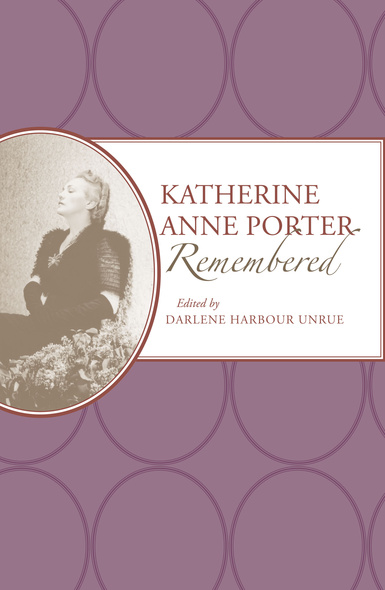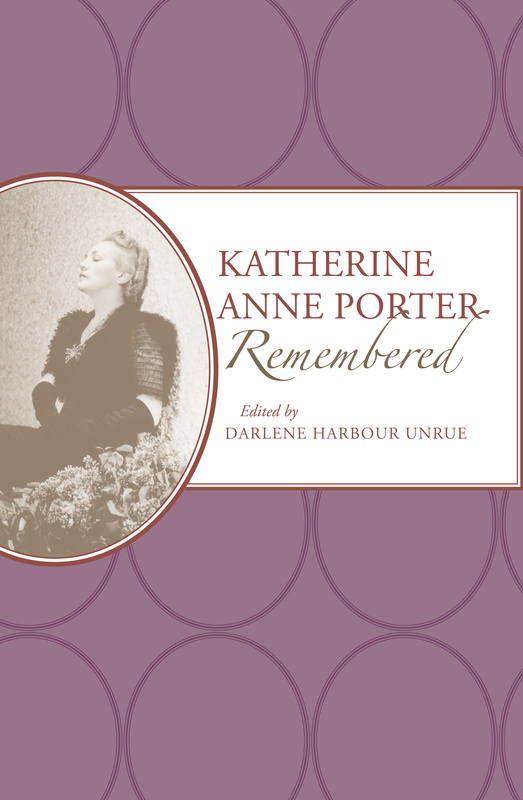Friendship Fictions
The Rhetoric of Citizenship in the Liberal Imaginary
University of Alabama Press
Friendship serves as a metaphor for citizenship and mirrors the individual’s participation in civic life. Friendship Fictions unravels key implications of this metaphor and demonstrates how it can transform liberal culture into a more just and democratic way of life.
A criticism often leveled at liberal democratic culture is its emphasis on the individual over community and private life over civic participation. However, liberal democratic culture has a more complicated relationship to notions of citizenship. As Michael Kaplan shows, citizenship comprises a major theme of popular entertainment, especially Hollywood film, and often takes the form of friendship narratives; and this is no accident. Examining the representations of citizenship-as-friendship in four Hollywood films (The Big Chill, Thelma & Louise, Lost in Translation, and Smoke), Kaplan argues that critics have misunderstood some of liberal democracy’s most significant features: its resilience, its capacity for self-revision, and the cultural resonance of its model of citizenship.
A criticism often leveled at liberal democratic culture is its emphasis on the individual over community and private life over civic participation. However, liberal democratic culture has a more complicated relationship to notions of citizenship. As Michael Kaplan shows, citizenship comprises a major theme of popular entertainment, especially Hollywood film, and often takes the form of friendship narratives; and this is no accident. Examining the representations of citizenship-as-friendship in four Hollywood films (The Big Chill, Thelma & Louise, Lost in Translation, and Smoke), Kaplan argues that critics have misunderstood some of liberal democracy’s most significant features: its resilience, its capacity for self-revision, and the cultural resonance of its model of citizenship.
For Kaplan, friendship—with its dynamic pacts, fluid alliances, and contingent communities—is one arena in which preconceptions about individual participation in civic life are contested and complicated. Friendship serves as a metaphor for citizenship and mirrors the individual’s participation in civic life. Friendship Fictions unravels key implications of this metaphor and demonstrates how it can transform liberal culture into a more just and democratic way of life.
Michael A. Kaplan is an assistant professor in the department of communication studies at Baruch College, CUNY.
Acknowledgments
Introduction: Rhetoricizing Liberalism
1. Imagining Citizenship as Friendship
2. Friendship and the Politics of Community: The Big Chill
3. Friendship, Rebel-Citizenship, and the Feminist Critique of Liberalism: Thelma & Louise
4. Liberalism, Friendship, and the Predicament of Cybernetic Sociality: Lost in Translation
5. Race, Friendship, and the Speculative Politics of Infinite Debt: Smoke
Conclusion: The Friendship Supplement and the Rule of Allegory
Notes
Index
Introduction: Rhetoricizing Liberalism
1. Imagining Citizenship as Friendship
2. Friendship and the Politics of Community: The Big Chill
3. Friendship, Rebel-Citizenship, and the Feminist Critique of Liberalism: Thelma & Louise
4. Liberalism, Friendship, and the Predicament of Cybernetic Sociality: Lost in Translation
5. Race, Friendship, and the Speculative Politics of Infinite Debt: Smoke
Conclusion: The Friendship Supplement and the Rule of Allegory
Notes
Index





